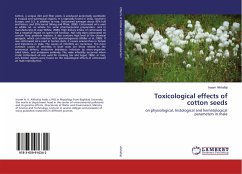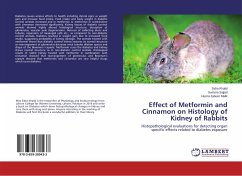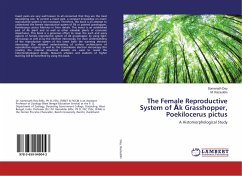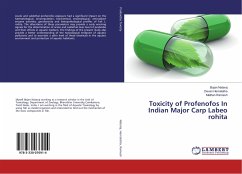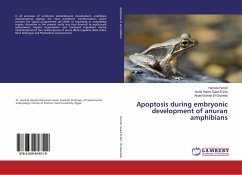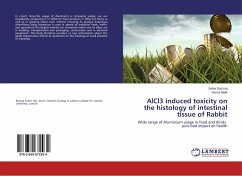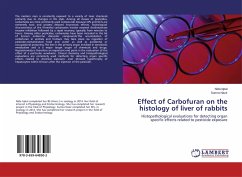Cotton, a unique diet and fiber plant, is produced perennially worldwide in tropical and subtropical regions. It is especially found in India, Southern Europe, and U.S. in addition to Iraq. Cottonseed averages about 45% hull and linters, and 55% kernel (Wang and Plhak, 2000). Cottonseed oil is used as edible oil, as vehicle for some pharmaceutical preparation, and in manufacturing of soap (White, 2000). High dietary intake of cottonseed oil has a negative impact on sperm cell function. Not only does cottonseed oil contain toxic pesticide residues, it also contains high level of the chemical gossypol, which can interfere with spermatogenesis (Waller et al.,1985). If raw cottonseed oil is used in human diets, it causes amenorrhea in female and impotence in male. The causes of infertility are numerous. The more common causes of infertility in both sexes are those related to the anatomical defects, endocrine imbalance, infection by micro-organism, tubal block, and antisperm antibody.The male infertility occurred when crude cottonseed oil was used for cooking (Liu and Segal, 1985). In Iraq, very limited reports were found on the toxicological effects of cottonseed on male reproduction.
Hinweis: Dieser Artikel kann nur an eine deutsche Lieferadresse ausgeliefert werden.
Hinweis: Dieser Artikel kann nur an eine deutsche Lieferadresse ausgeliefert werden.

